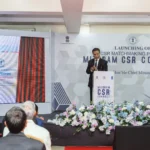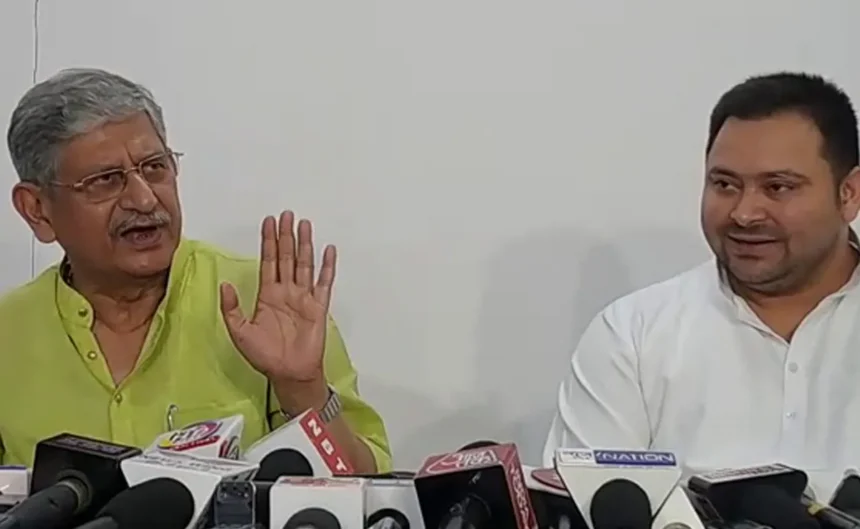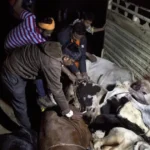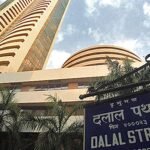In an upcoming Opposition meet scheduled to be held in Patna next week, the primary focus will be on establishing a common agenda for the participating parties to work on in the lead-up to the Lok Sabha elections. The meeting, organized by the Rashtriya Janata Dal (RJD) in collaboration with Bihar’s ruling alliance partner, Janata Dal-United (JD-U), aims to set the groundwork for a united front against the incumbent government. Contrary to speculations, there will be no discussions regarding the selection of a potential prime ministerial candidate during the gathering.
Sources within the RJD have emphasized that the meeting is considered as the initial step towards forging a consolidated strategy. The primary objective is to finalize a common agenda that encompasses the concerns and aspirations of all participating parties. This approach highlights the intention to present a united front to the electorate, showcasing the opposition’s ability to address key issues and provide an alternative vision for the country’s progress.
While the specific details of the common agenda are yet to be disclosed, it is expected to encompass a wide range of topics, including economic policies, social welfare, agriculture, education, healthcare, and national security. The participating parties aim to identify areas of agreement and work towards developing comprehensive solutions that resonate with the electorate. By doing so, they seek to consolidate their collective strengths and increase their appeal to voters in the upcoming Lok Sabha elections.
The absence of discussions on selecting a prime ministerial candidate indicates a broader strategy focused on presenting a unified opposition front. This decision likely stems from the recognition that individual aspirations and ambitions for the top leadership position could potentially dilute the collective strength and unity of the opposition alliance. By postponing discussions on the prime ministerial candidate, the opposition aims to prioritize the development of a comprehensive and cohesive agenda that can effectively address the concerns and expectations of the electorate.
The Opposition meet in Patna holds significant political significance, given the state’s political landscape and its role as the host for this gathering. Bihar has been a crucial battleground in Indian politics, and both the RJD and the JD-U have a substantial presence in the state. The collaborative efforts between these two parties in organizing the meeting demonstrate a willingness to transcend party lines and prioritize the greater goal of presenting a viable alternative to the ruling government.
By focusing on a common agenda, the opposition aims to tap into the collective wisdom and experiences of the participating parties. It seeks to leverage the diversity of ideas and perspectives to develop a comprehensive roadmap for governance that addresses the pressing needs of the nation. Through this approach, the opposition parties aim to build a robust narrative that resonates with the aspirations of the Indian population, presenting a compelling case for change.
As the meeting in Patna draws near, political observers and the general public eagerly await the outcomes of this significant gathering. The absence of discussions on a prime ministerial candidate, while focusing on a common agenda, reflects the opposition’s intent to prioritize unity and collective action. By presenting a consolidated front, the opposition seeks to position itself as a credible alternative, ready to address the challenges facing the nation and provide a transformative vision for the future. The forthcoming Lok Sabha elections will serve as the ultimate test of the opposition’s efforts, determining whether their collaborative approach can effectively challenge the status quo and offer a compelling alternative to the current government.









